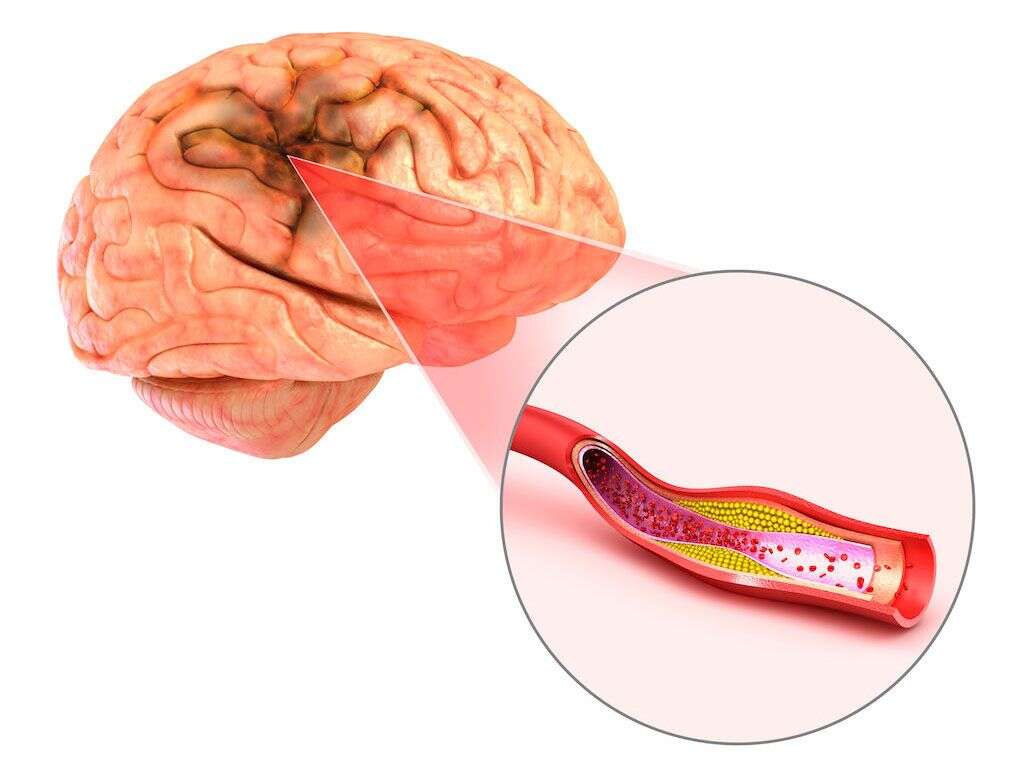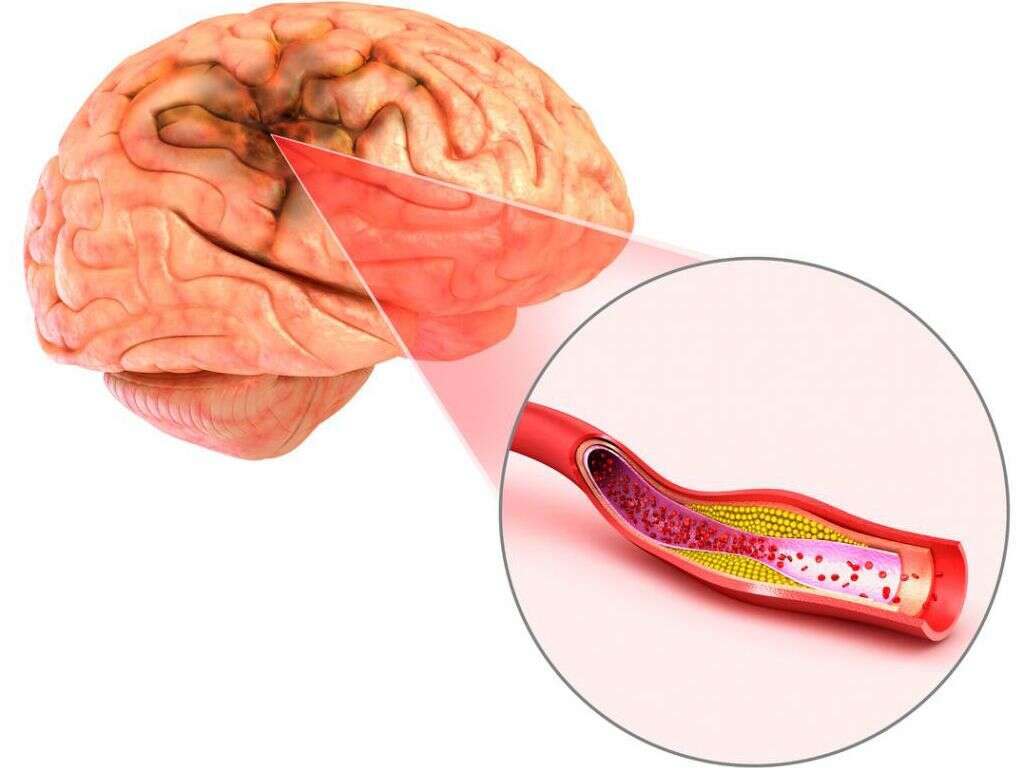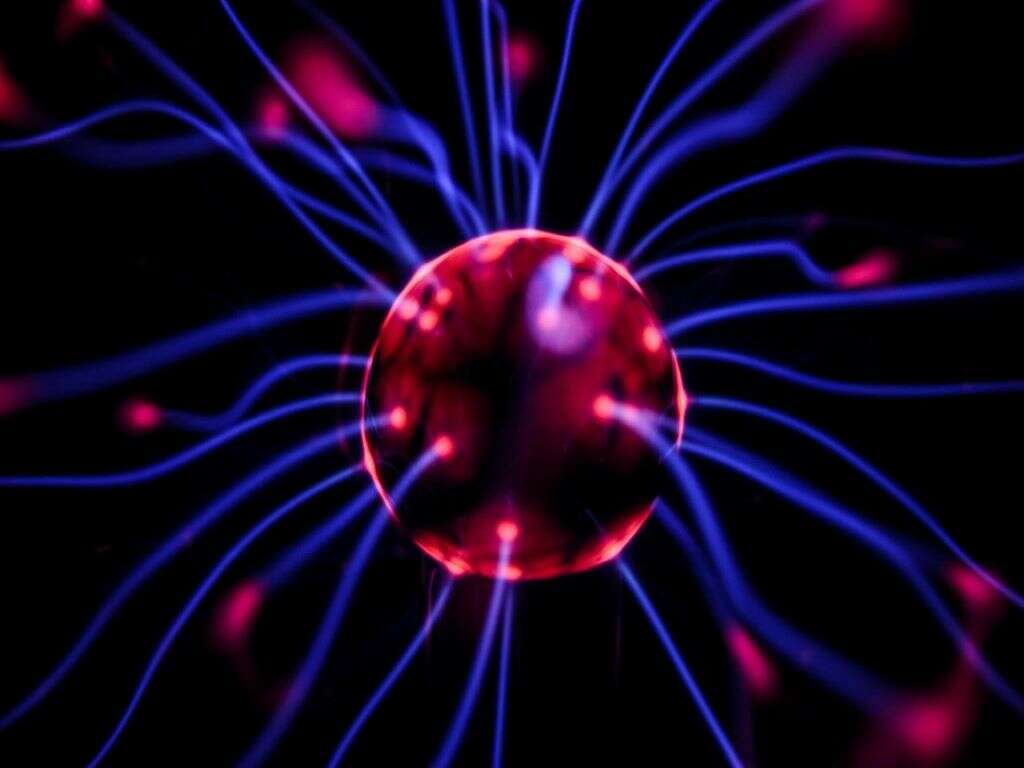10 Causes of Stroke
Medical statistics show that stroke is one of the leading causes of death in the United States with one death occurring every 4 minutes. Stroke is also a leading cause of disability in adults. These statistics are understandable, bearing in mind that a total of 800,000 new or recurrent cases of stroke occur annually. This means that a case of stroke occurs every 40 seconds.
Stroke happens when a blockage or rupture occurs in a small blood vessel within the brain. This causes a lack of oxygen and nutrients, or bleeding in a part of the brain. It also leads to adverse effects on the part of the body served by the affected part of the brain.
But why does stroke occur? Below are 10 causes of stroke to look out for.

Cause #1: High Blood Pressure
The heart is the body’s pump, whose main function is to propel blood to all tissues and organs through channels known as blood vessels. The pumping action occurs in a series of contractions and relaxation of the heart muscles. When measured, there is an acceptable range of values of blood pressure during the contraction and relaxation phases.
Due to various factors, the blood pressure can deviate from the normal range and when this is elevated, it increases the risk of stroke. High blood pressure will mean that blood exerts a greater than normal force on the walls of the blood vessels. If this happens within the small blood vessels, they may end up bursting. And if this happens within the brain, it leads to a condition called hemorrhagic stroke. This is simply stroke as a result of bleeding.

Cause #2: Diabetes
Diabetes is a condition in which the blood sugar levels are higher than normal. This occurs due to either a lack of insulin or reduced insulin sensitivity by the cells of the body. Insulin is the chemical substance, a hormone that instructs cells to take in blood glucose for use in the generation of energy for various functions.
One of the complications of diabetes is the development of high blood pressure due to the effects that diabetes has on blood vessels, leading to their narrowing. Additionally, the affected blood vessels are usually constrained such that they can’t stretch enough to accommodate the pressure changes as effectively as the more elastic healthy blood vessels. This increases the tendency to rupture under elevated blood pressure.
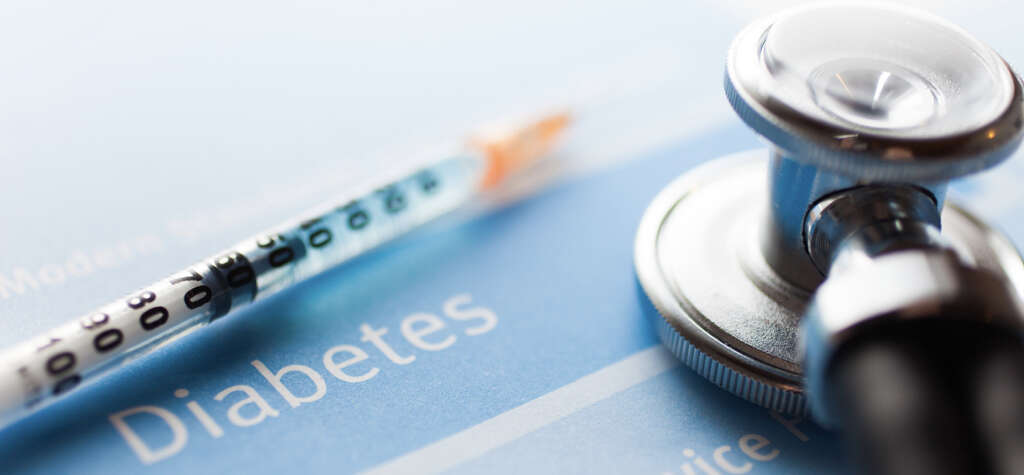
Cause #3: Obesity
A person is overweight or obese if their body weight is above the recommended weight for their height range, also called body mass index (BMI). Depending on how far beyond the recommended BMI, the person may be overweight, pre-obese, obese, or severely obese. In the case of obesity, fats accumulate in various body areas, including around the front of the belly.
Obesity increases the risk of developing diabetes and high blood pressure, which, as discussed above, are some of the leading causes of stroke due to the formation of plaques that have a restrictive effect on small blood vessels, or may lead to bursting of small blood vessels due to high pressures.
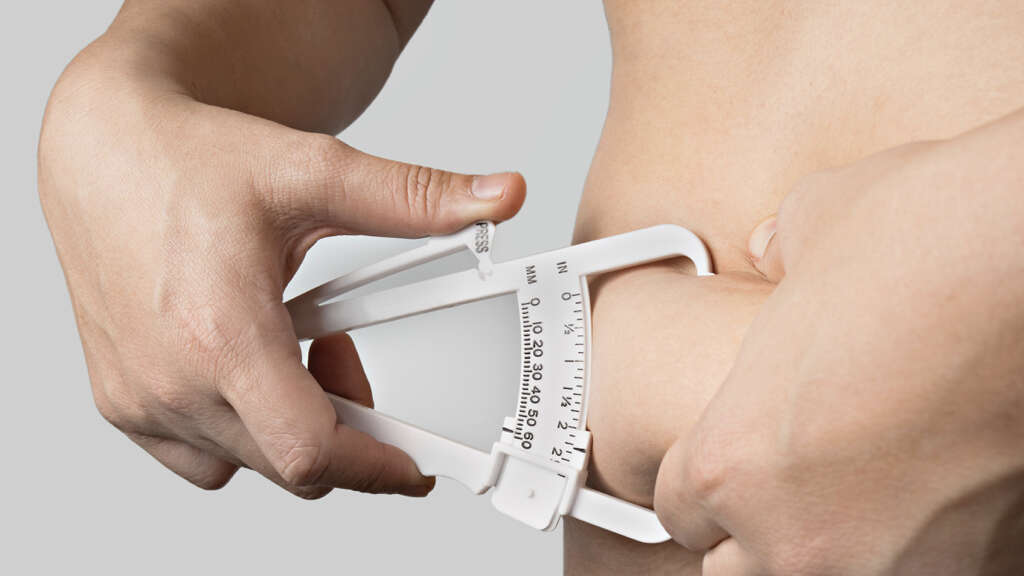
Cause #4: High Cholesterol
Cholesterol is a type of fat that plays many important roles in the body, such as forming part of the structure of cell membranes. The body also uses cholesterol in making chemical substances like hormones.
However, when the amount of cholesterol is above the normal levels, it can predispose you to disease conditions. For example, high cholesterol levels encourage the deposition of fat in the walls of blood vessels where they can provoke inflammatory reactions, which further damage blood vessels. This can promote the development of high blood pressure. Moreover, the inflammatory reactions may lead to the breaking off of parts of the plaque within the blood vessels, which may block small blood vessels such as those within the brain. Therefore, high cholesterol is a possible cause of stroke.
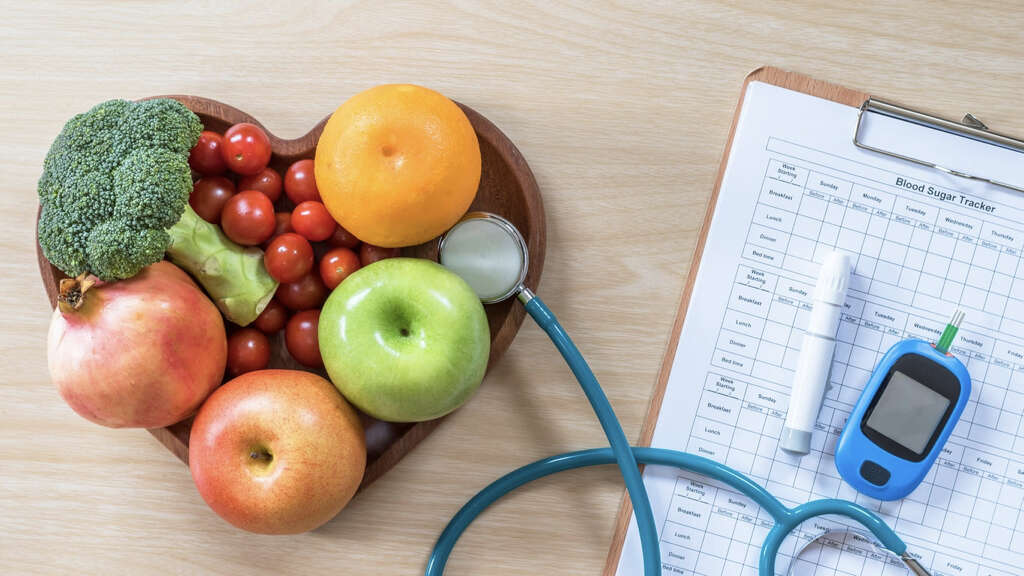
Cause #5: Tobacco Smoking
Lifestyle habits such as smoking cigarettes can have detrimental effects on your health. When smoking, you introduce a chemical substance known as nicotine into the body. Nicotine is responsible for many effects of cigarette smoking in the body.
In the blood vessels, nicotine promotes narrowing, which slows down blood flow and increases the risk of the formation of blood clots. In addition, nicotine provokes inflammatory reactions that may interfere with the ability of the blood vessels to adjust in size in response to blood pressure changes. Stiffened blood vessels and the risk of blood clot formation due to prolonged smoking can lead to the rupture or blockage of the small blood vessels in the brain and, thereby, cause a stroke.

Cause #6: Heart Disease
As mentioned elsewhere, the regular, coordinated pumping action of the heart keeps blood flowing through the body within a constant pressure range. Therefore, any condition that interferes with the ability of the heart to perform its pumping function is a potential risk to the development of stroke.
Diseases affecting the strength of the heart muscles will interfere with their contraction and relaxation. An enlarged heart can generate more pressure than normal, with the accompanying risk of rupturing not only small blood vessels, but also large ones. This can lead to a hemorrhagic stroke. On the other hand, a weakened heart may not pump blood effectively. This can lead to slowed down blood flow, which encourages clot formation. Blood clots can obstruct blood flow in small blood vessels, leading to a lack of blood supply in the areas beyond the blockade. When this happens within the brain, it can cause a stroke.
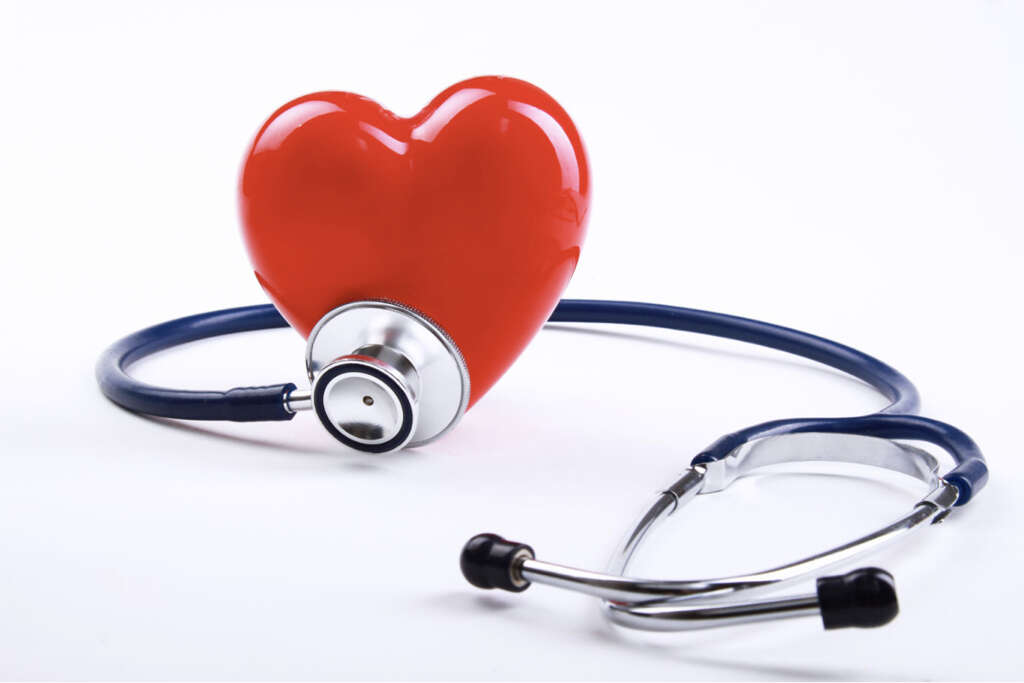
Cause #7: Poor Diet
There is truth in the statement that you are what you eat. Unhealthy eating habits can form a foundation for various lifestyle diseases including diabetes and high blood pressure. For instance, eating junk foods rich in carbohydrates and fats is a well-known risk factor for the development of obesity, diabetes, and hypertension. This is even worse when it is combined with a sedentary lifestyle characterized by low physical activity.
High body fat levels can lead to the complications associated to high cholesterol levels. Therefore, to keep these complications at bay and reduce your risk of a stroke, institute the habit of eating a healthy, balanced diet that is rich in vegetables and also contains proteins. Also exercise regularly.

Cause #8: Drinking Alcohol
Heavy, uncontrolled alcohol intake is a risk factor for the development of a stroke. Various studies have found that alcohol predisposes a person to high blood pressure, and when hypertension is already present, worsens the condition. Besides, alcoholism makes it difficult to control blood sugar levels in patients with diabetes.
An indirect effect of drinking alcohol is that people who habitually drink a lot of alcohol have poor control over the food they eat. This means that such people easily resort to eating junk food. They are also unlikely to exercise regularly or meaningfully. These factors, as stated elsewhere, increase the chances of getting obesity, diabetes, and high blood pressure, which are risk factors for the development of a stroke.

Cause #9: Lack of Exercise
All work and no play makes Jack a dull boy, and Jill a dull girl. This statement makes a lot of sense when it comes to many aspects of health. Exercising holds multiple benefits for your health. When you exercise, you use the body’s glucose supply and decrease the amount available for conversion and deposition as body fat. This way, you lower your chances of developing obesity and diabetes.
Research also proves that exercise leads to steadier blood pressure levels. Together, regular, balanced exercise benefits the body by maintaining many of its functions within normal range. Exercise also reduces risks of contracting diseases or complications that may lead to a stroke.

Cause #10: Stress
Psychological factors such as stress have a real effect on the body’s functional status. Studies have linked people’s psychological status to their heart functions, blood sugar, and even eating habits. Stress can accelerate the progression of diabetes and hypertension. Also, stress, by interfering with the dietary intake and eating habits, can lead to obesity due to compulsive eating, often of sugary, unhealthy junk foods. These combined factors can provoke the onset of a stroke.
As such, a treatment plan should entail identifying the root cause of the stress and putting measures in place to provide guidance, counseling, and other psychological services to avert the risk for a stroke.




